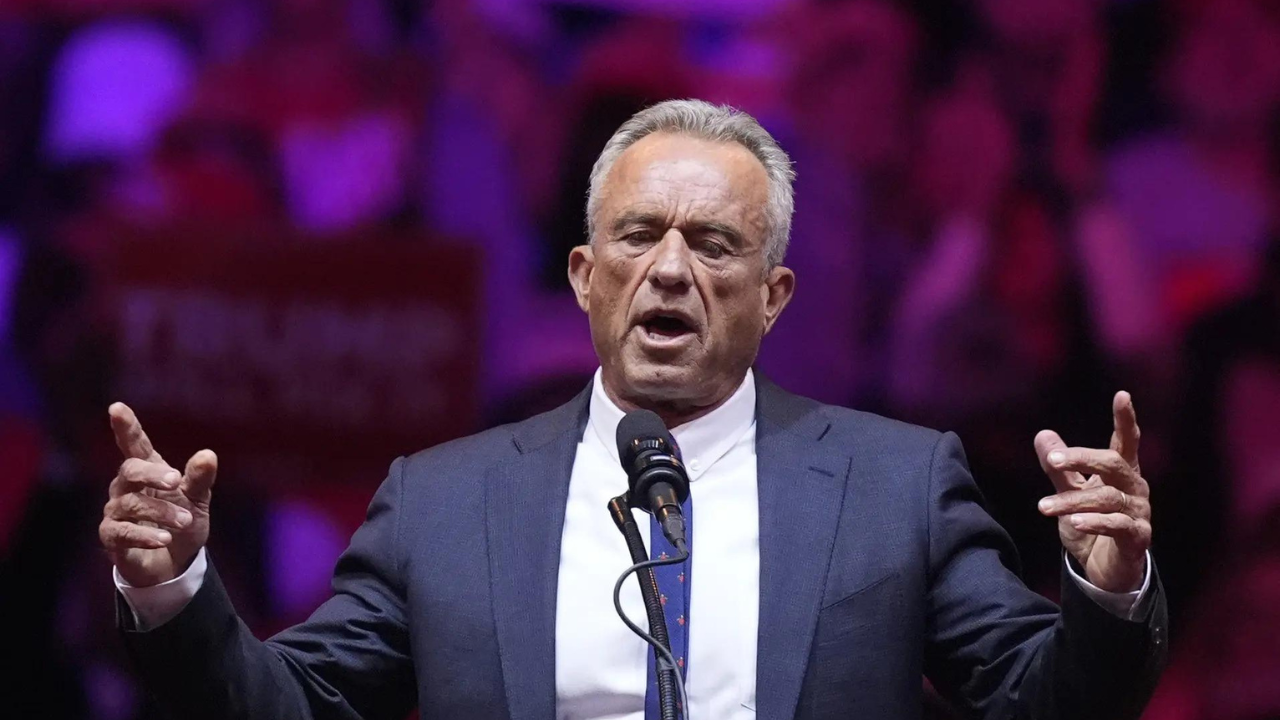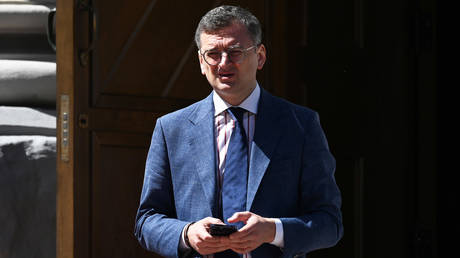ARTICLE AD BOX
US-based academics Daron Acemoglu, Simon Johnson and James Robinson won the 2024 Nobel economics prize "for studies of how institutions are formed and affect prosperity", the Royal Swedish Academy of Sciences said on Monday.
The prestigious award, formally known as the Sveriges Riksbank Prize in Economic Sciences in Memory of Alfred Nobel, is the final prize to be given out this year and is worth 11 million Swedish crowns ($1.1 million).
"Reducing the vast differences in income between countries is one of our time's greatest challenges. The laureates have demonstrated the importance of societal institutions for achieving this," said Jakob Svensson, Chair of the Committee for the Prize in Economic Sciences.
"Societies with a poor rule of law and institutions that exploit the population do not generate growth or change for the better," the award organisers added on their website.
Daron Acemoglu and Simon Johnson work at the Massachusetts Institute of Technology, while James Robinson is at the University of Chicago.
Acemoglu and Johnson recently collaborated on a book surveying technology through the ages which demonstrated how some technological advances were better at creating jobs and spreading wealth than others.
The economics award is not one of the original prizes for science, literature and peace created in the will of dynamite inventor and businessman Alfred Nobel and first awarded in 1901, but a later addition established and funded by Sweden's central bank in 1968.
Past winners include a host of influential thinkers such as Milton Friedman, John Nash - played by actor Russell Crowe in the 2001 film "A Beautiful Mind" - and, more recently, former U.S. Federal Reserve Chairman Ben Bernanke.
Last year, Harvard economic historian Claudia Goldin won the prize for her work highlighting the causes of wage and labour market inequality between men and women.
The economics prize has been dominated by US academics since its inception, while U.S.-based researchers also tend to account for a large portion of winners in the scientific fields for which 2024 laureates were announced last week.
That crop of prizes began with US scientists Victor Ambros and Gary Ruvkun winning the prize for medicine on Monday and concluded with Japan's Nihon Hidankyo, an organisation of survivors from Hiroshima and Nagasaki who campaigned for the abolition of nuclear weapons landing the award for peace on Friday.
(Except for the headline, this story has not been edited by NDTV staff and is published from a syndicated feed.)
.png)
 1 month ago
1
1 month ago
1








 English (US)
English (US)